
Knowledge Treasures
The Human Microbiome
What is the microbiome?
The microbiome is the totality of all microorganisms, including bacteria, archaea, viruses, fungi, and protozoa, that colonize a macroorganism, such as humans, animals, or plants.
The human microbiome consists of approximately 39 trillion microorganisms living on and in our bodies and is as unique as each person’s fingerprint. Most microorganisms are found in the intestinal tract (gut flora), but the skin surface (skin flora) and mucous membranes are also densely colonized.
These microorganisms, mainly bacteria and fungi, live in symbiosis with their host (human) and are not harmful – on the contrary, they are essential for our health.

The key to a healthy body
The microbiome influences many aspects of our health, including the metabolism, the immune system, and even mental health. It helps digest food, produces essential vitamins such as B1, B2, B6, B12, and K, and supports our immune system:
Nutrient absorption
Our gut flora plays a central role in the utilization of food and the synthesis of essential vitamins. A healthy microbiome promotes nutrient absorption and efficient digestion. It helps break down complex carbohydrates and produce short-chain fatty acids, which serve as a source of energy.
Protection against disease
A large part of our immune system is located in the gut. The microorganisms that live there protect us from pathogens and regulate inflammation. They interact with immune cells and contribute to the development and function of the immune system. A diverse gut flora can even prevent autoimmune diseases and allergies.
Mood enhancer
Several studies show that the microbiome can also influence our brain function and mood. The so-called “gut-brain axis” suggests that there is a connection between gut flora and the brain (Mohajeri et al., 2018, pp. 8-9). Neuroactive substances produced by gut bacteria can affect the brain and positively influence our mental health. A healthy microbiome may therefore help prevent depression and anxiety.


Barrier function of the skin
Today, the skin is no longer considered a simple mechanical barrier to the outside world, but also an immunological organ with important functions: Each square centimeter of skin contains approximately one million microorganisms from different “families”, the composition of which varies from one part of the body to another and from one person to another. This so-called skin flora forms a natural protective barrier that prevents the growth of harmful bacteria and supports overall skin health. This requires that the microbiome is as diverse as possible and that there is no imbalance.
External influences such as viruses and bacteria do not penetrate the skin directly; instead, they first encounter this diverse, living protective barrier. Thanks to colonization resistance (meaning all available niches on the skin are already densely populated), the existing microorganisms prevent the spread of “new” microorganisms. Thus, a balanced microbiome can also keep pathogenic bacteria and viruses in check.
What damages the microbiome of the skin?
Mild external exposures such as daily showering, hand or skin sanitizing only temporarily alter the skin’s microbiome, allowing it to regenerate quickly. However, if the microbiome is frequently disrupted, for example by frequent exposure to chlorinated water and harsh cleansers, or by excessive use of skincare products, the skin flora can be damaged. Repeated topical application of antibiotics can also cause individual bacteria or fungi to gain the upper hand and cause an imbalance in the microbiome. This can lead to various skin problems such as dryness, inflammation, itching and redness.
How to boost your microbiome
A balanced diet, stress reduction, and conscious use of skincare products can all have a positive impact on your skin’s microbiome. Avoid harsh cleansers and over-care to maintain the natural balance of skin flora. When choosing your skincare products, look for ingredients that support the human microbiome.
In our natural skincare products, we use ingredients that are activated by the bacteria that live on the skin. This symbiosis allows the active ingredients to work optimally, strengthening the skin barrier and supporting the natural microbiome.
Additionally, our products often contain active ingredients specifically designed to promote the activity and proliferation of beneficial bacteria. These benign bacteria play a crucial role in skin health by keeping harmful microorganisms in check and supporting the skin’s balance. We primarily use so-called prebiotics, which serve as food for the microbiome and contain signaling compounds that positively influence the growth and activity of the benign bacteria (Al-Ghazzewi & Tester, 2014). These prebiotics can include essential oils and plant oils or glycerin extracts from plants, such as the following ingredients:
Argan
Argan oil is rich in unsaturated fatty acids and vitamin E. It promotes skin health through its antioxidant properties and helps maintain the natural balance of the skin’s flora, improving cell regeneration and skin elasticity.
Calendula
Calendula extract is known for its soothing and wound-healing properties that help stabilize healthy skin flora.
Chamomile
Chamomile extract contains the anti-inflammatory bisabolol, which has a soothing effect on the skin. These properties promote a balanced skin flora by calming inflammation and gently caring for even the most sensitive skin.
Coconut
Coconut oil is quickly absorbed by the skin, leaving it feeling smooth and strengthening the skin barrier, which helps maintain a healthy skin microbiome.
Jojoba
Jojoba oil is similar to human sebum and forms a fine lipid film that keeps the skin moisturized and increases its elasticity. It also helps stabilize the skin’s microbiome and barrier.
Lavender
Lavender oil soothes and heals the skin, calms skin irritations and supports the skin microbiome through its anti-inflammatory properties. It is ideal for sensitive skin and promotes overall skin health.
Rosehip
Rosehip oil, extracted from the seeds of the rosehip, promotes collagen formation, has anti-inflammatory properties, and supports skin regeneration. It is beneficial for maintaining skin health, especially when the skin is dry and inflamed.
Rosemary
Rosemary oil has antimicrobial and antioxidant properties. It cleanses and tones the skin, helps balance the skin’s microbiome, and improves overall skin health.
Tea Tree
Tea tree oil has strong antimicrobial properties and controls sebum secretion. This helps regulate acne-causing bacteria and rebalances the skin’s microbiome.
These products strengthen the microbiome:
€144.90
€4,830.00 / 1 l
€69.90
€1,398.00 / 1 l
OUR RECOMMENDATIONS FOR YOU
5 min
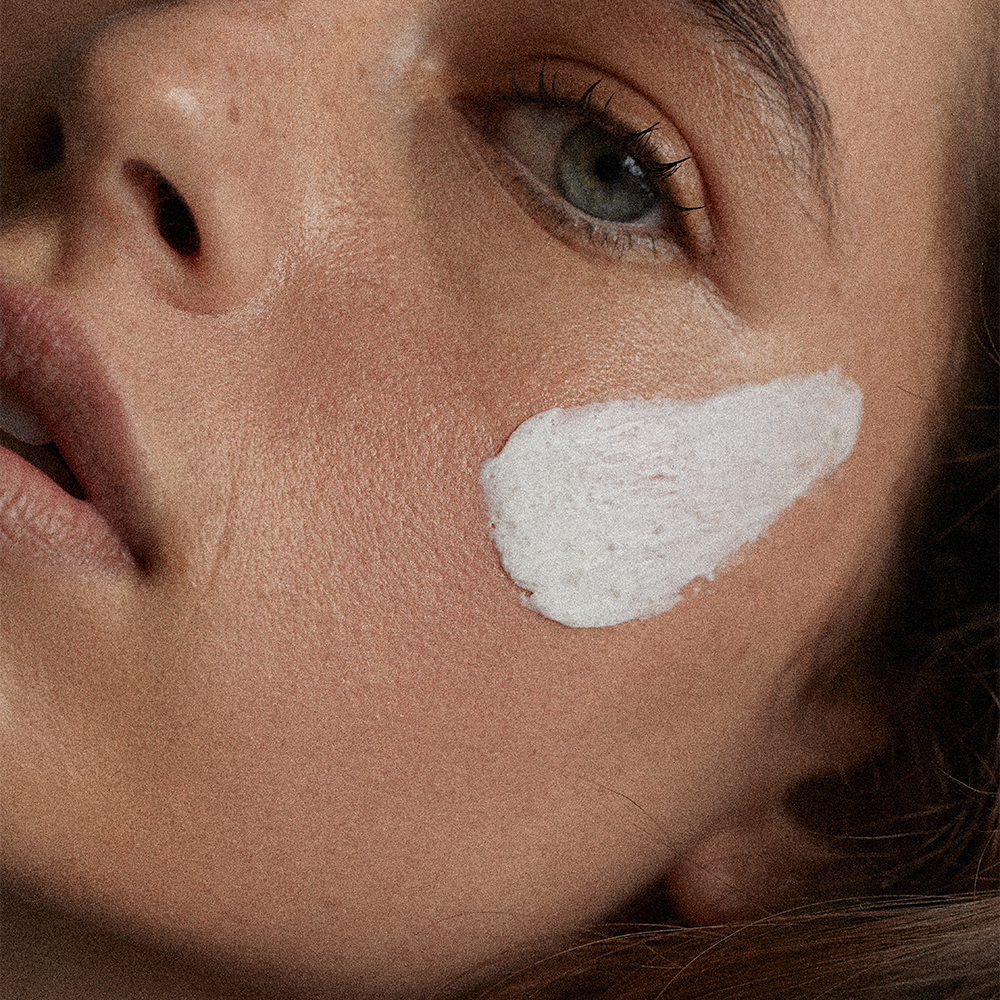

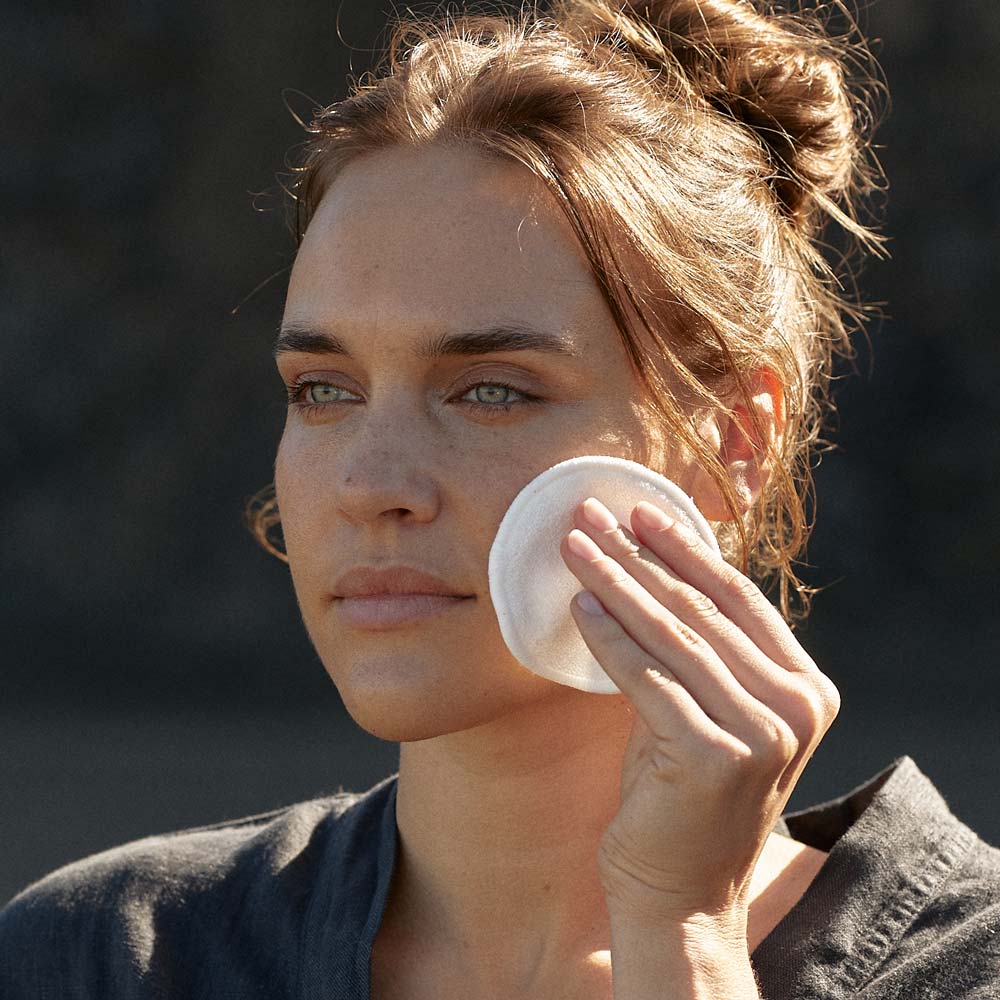
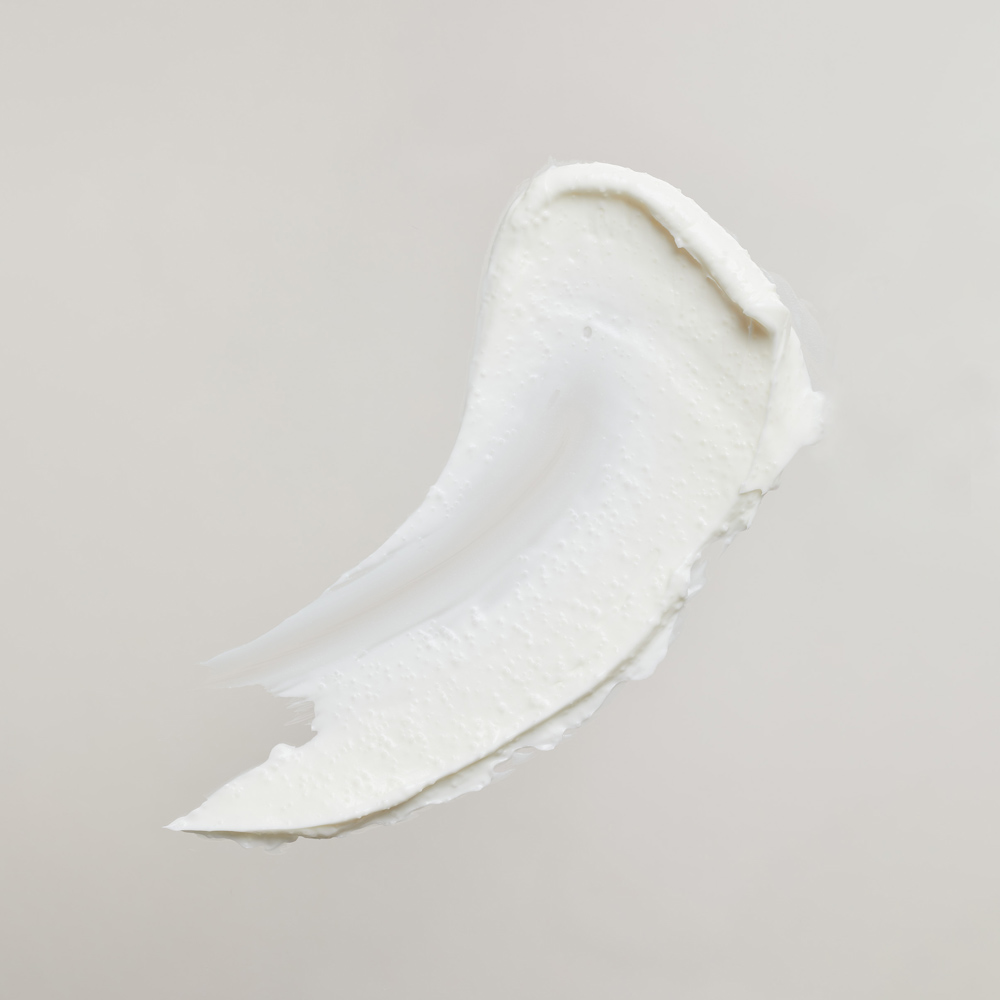
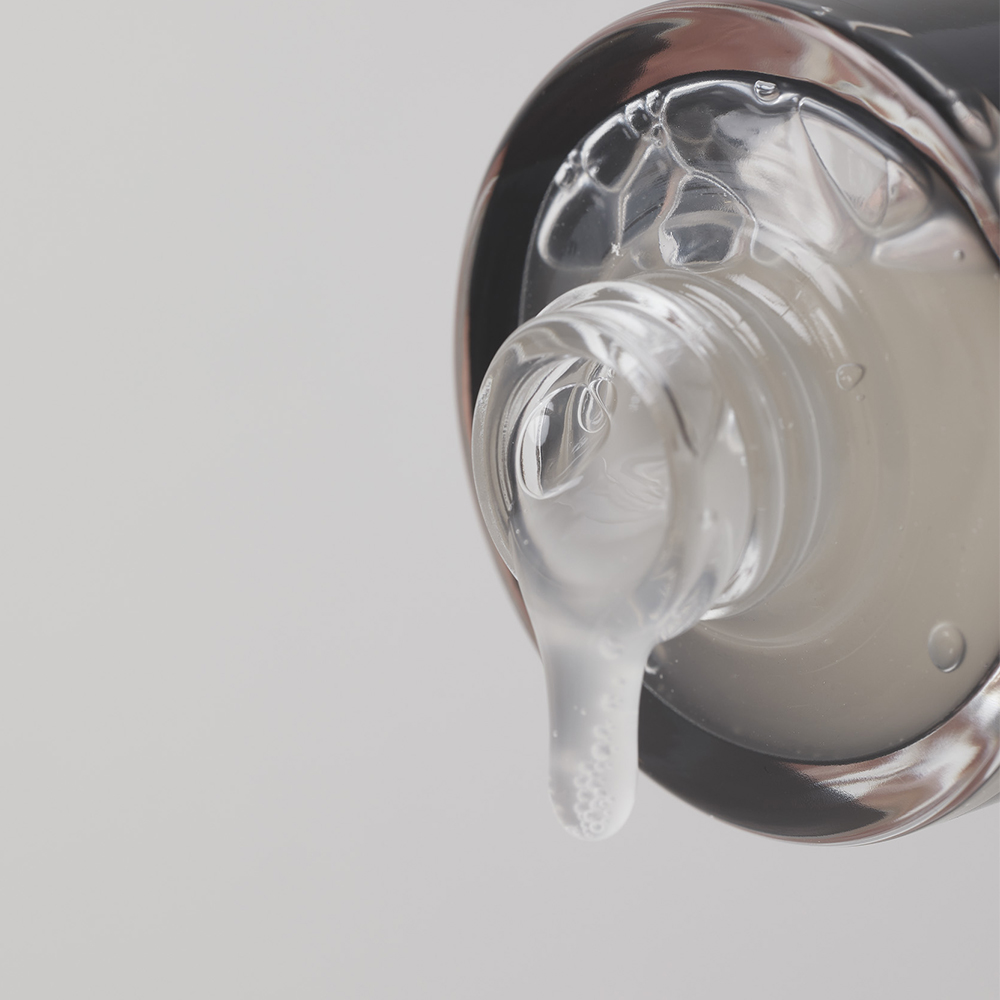
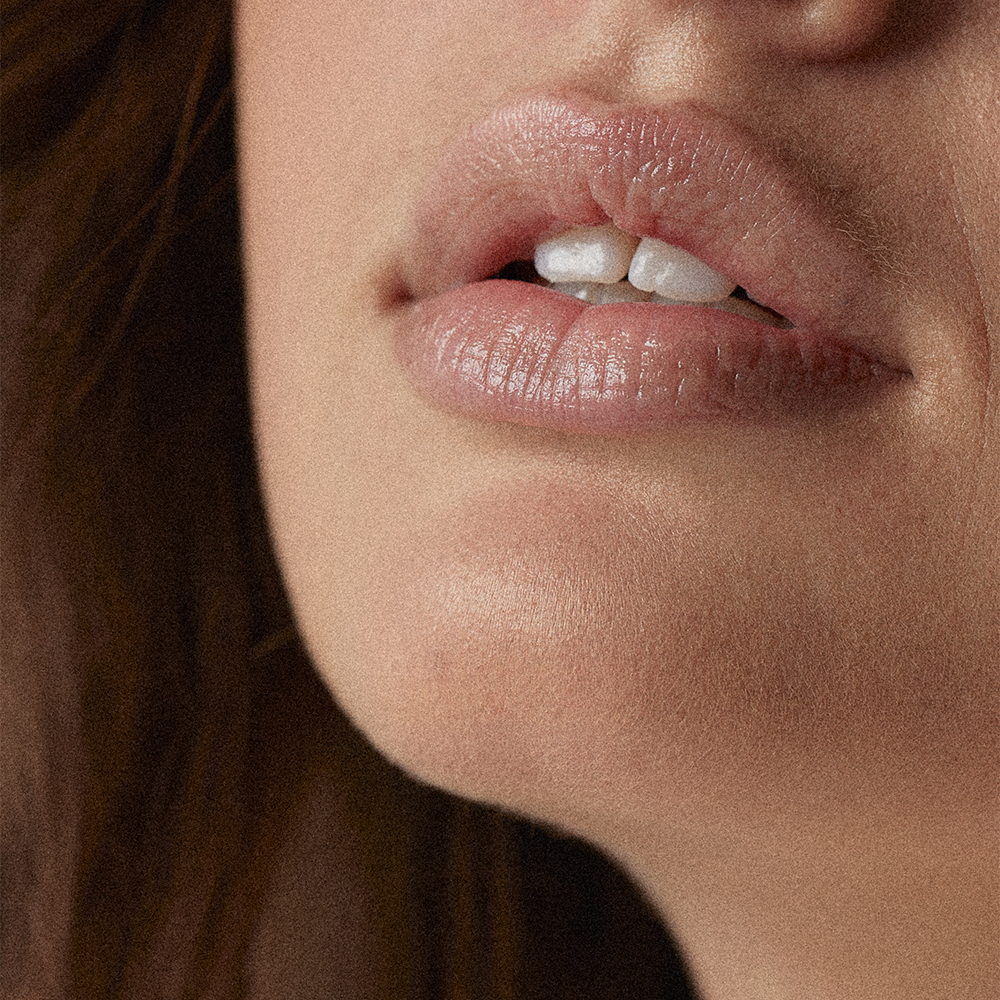
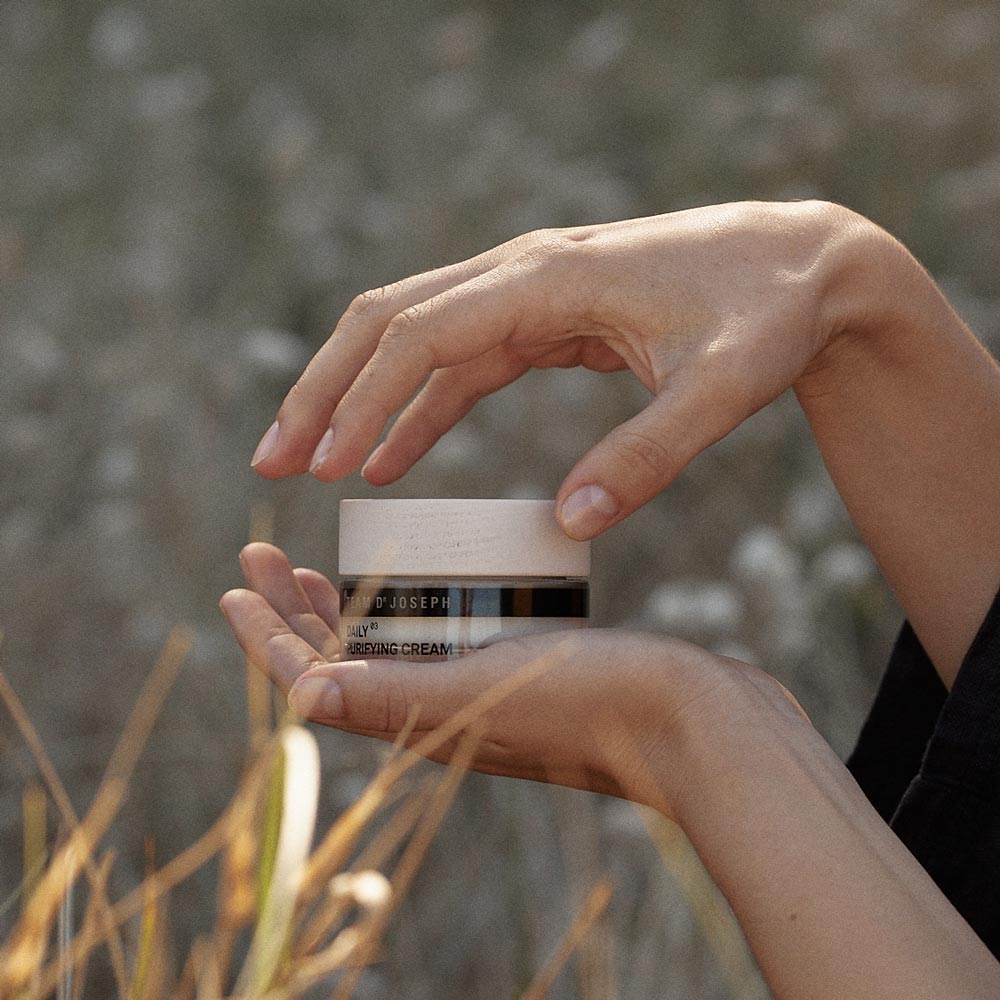
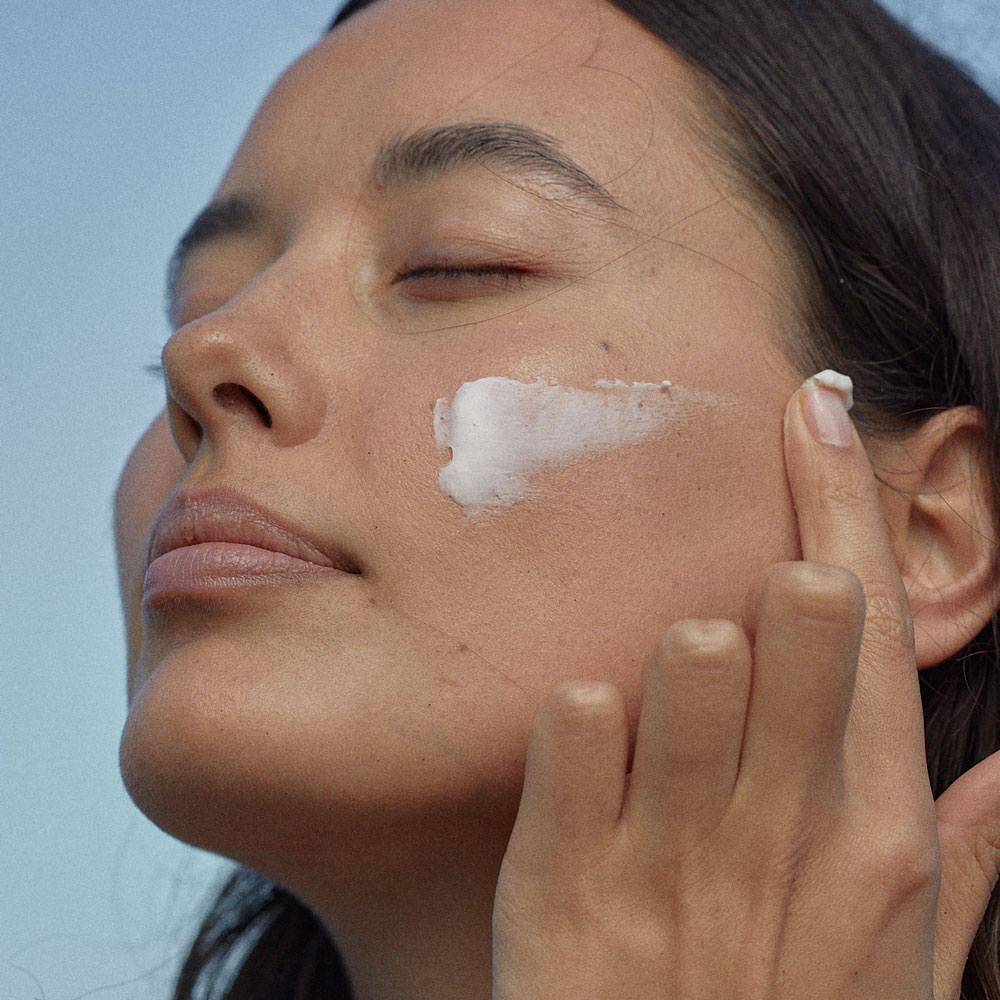




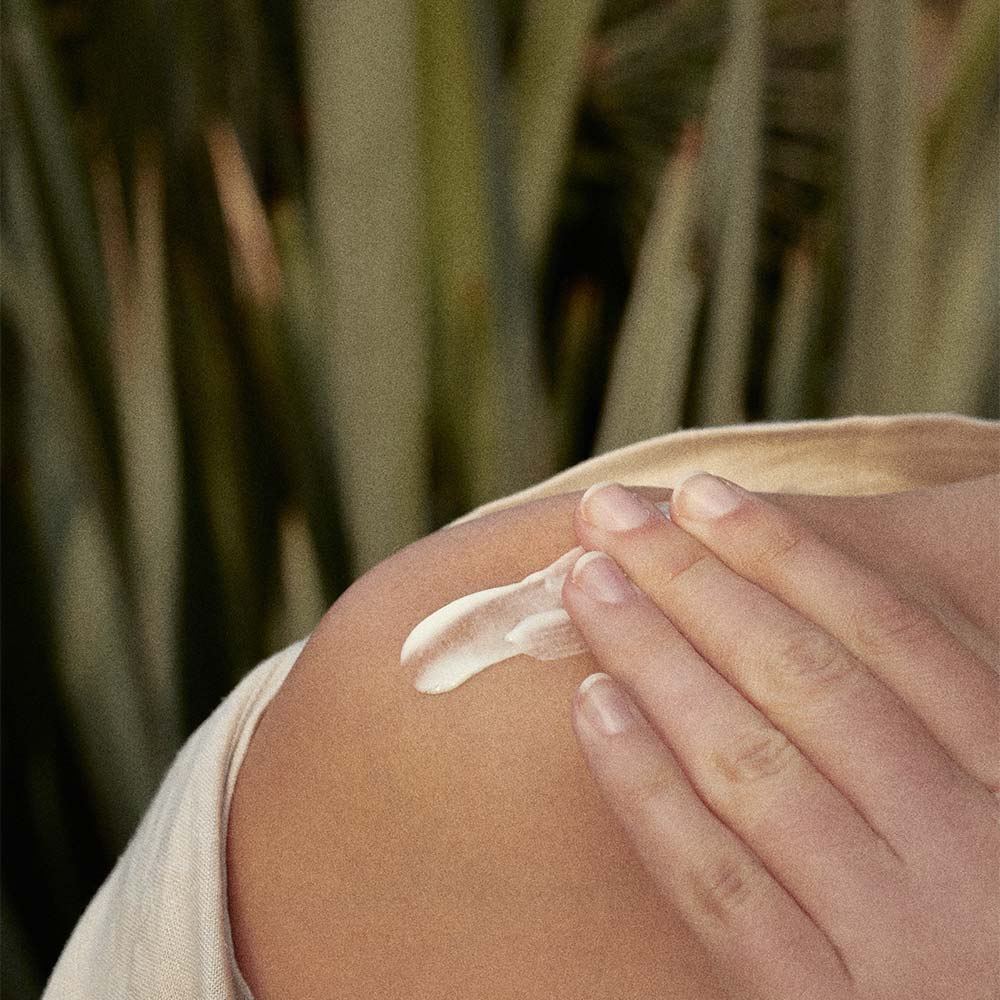

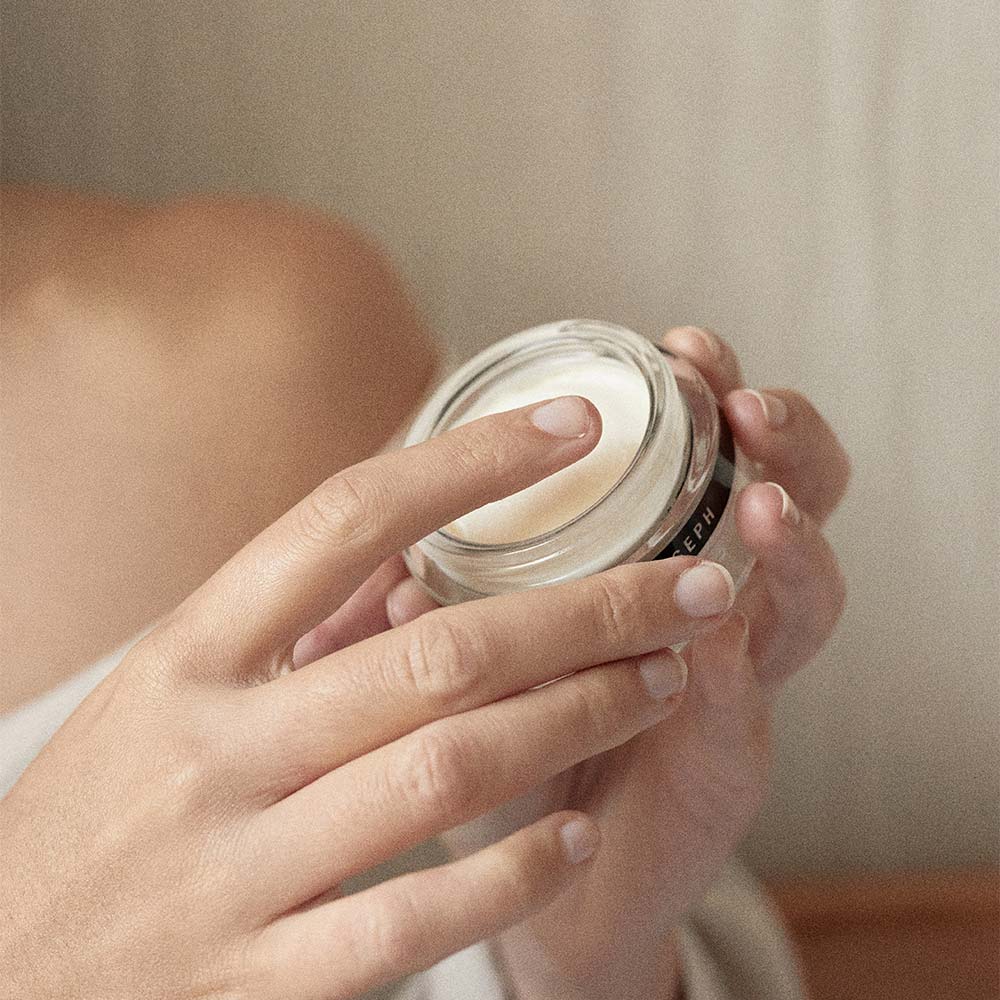



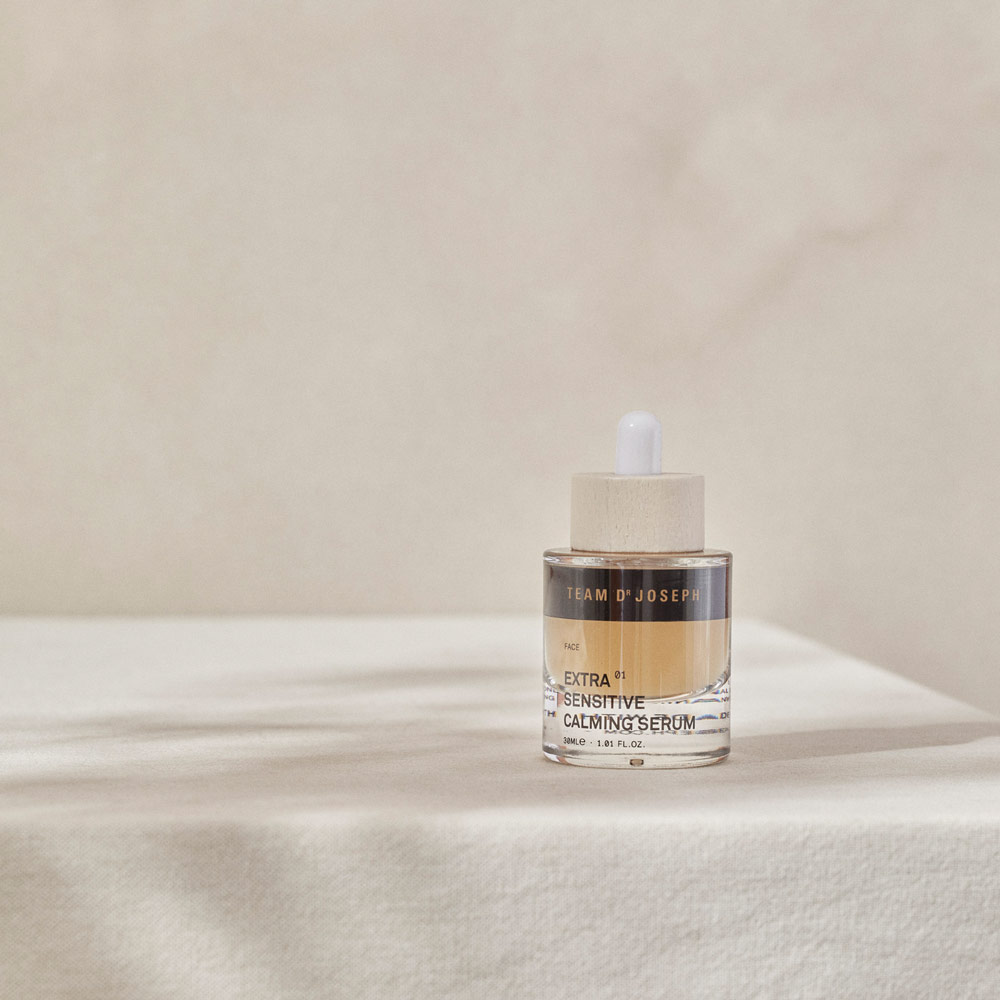
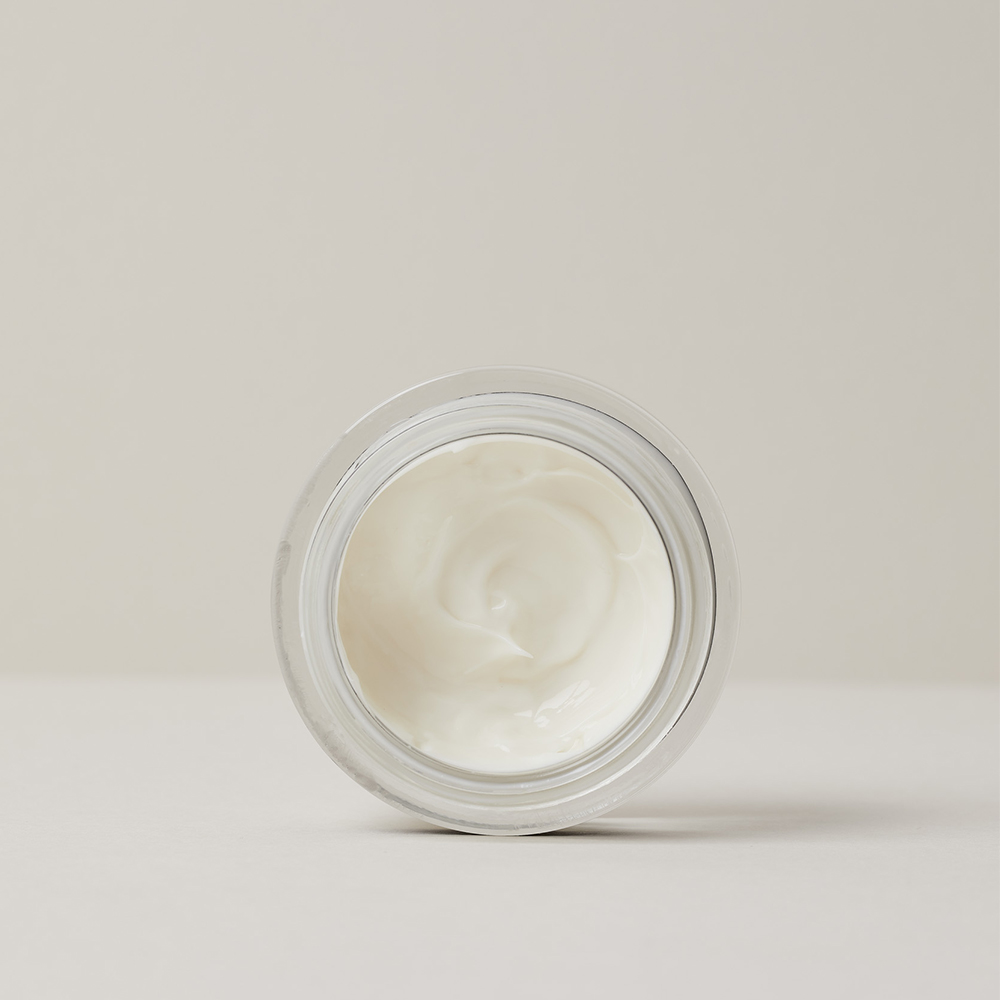
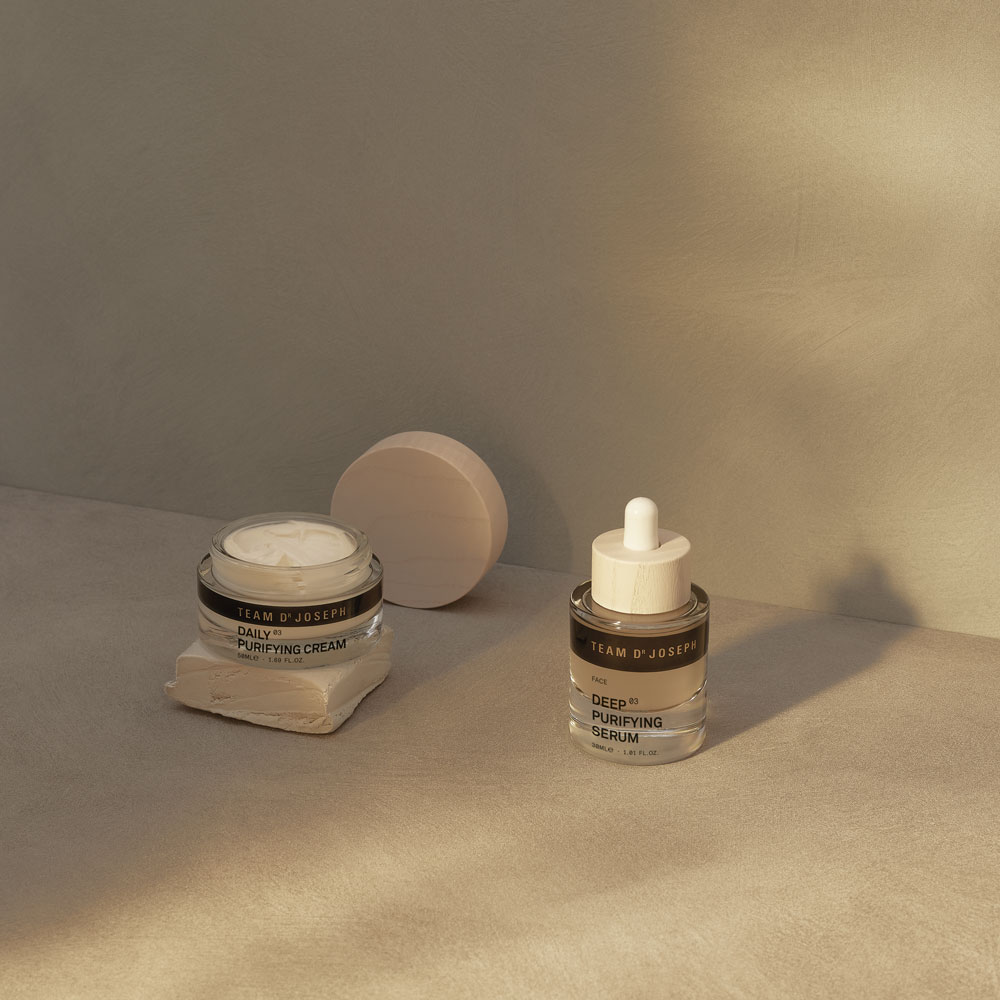


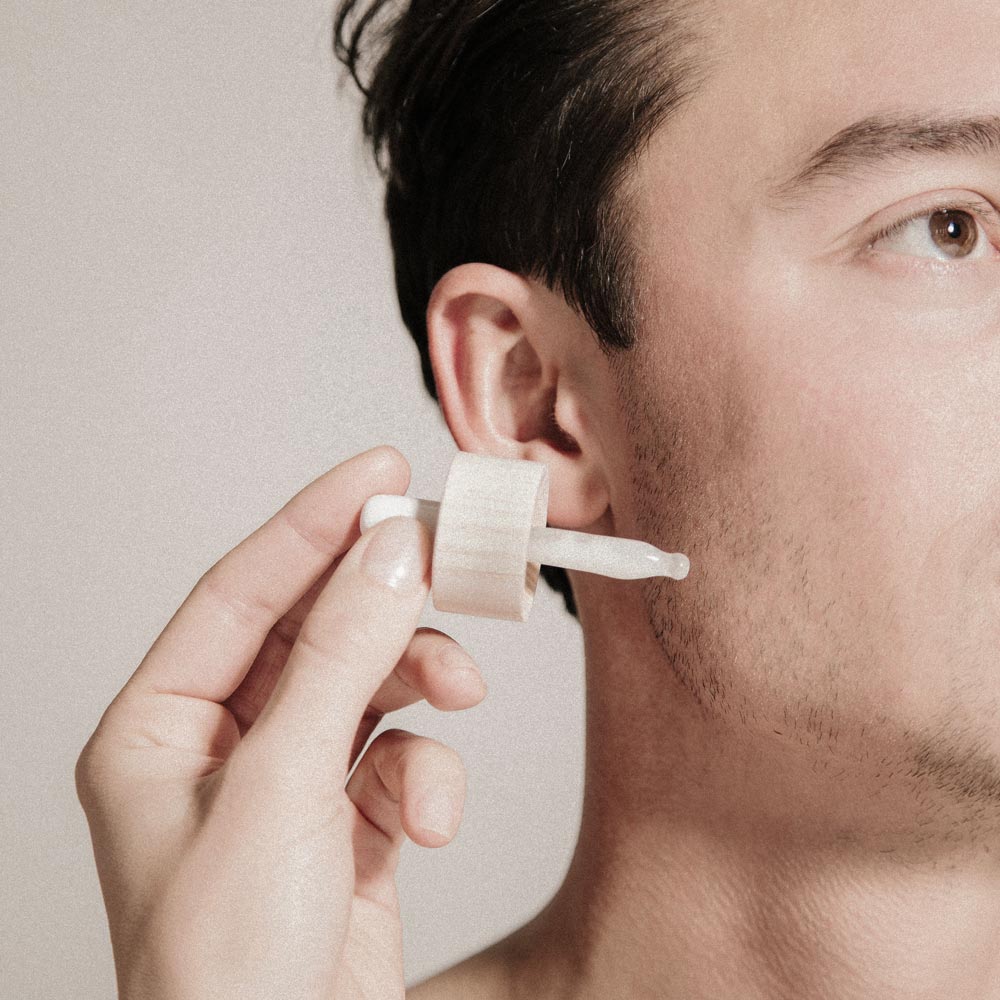














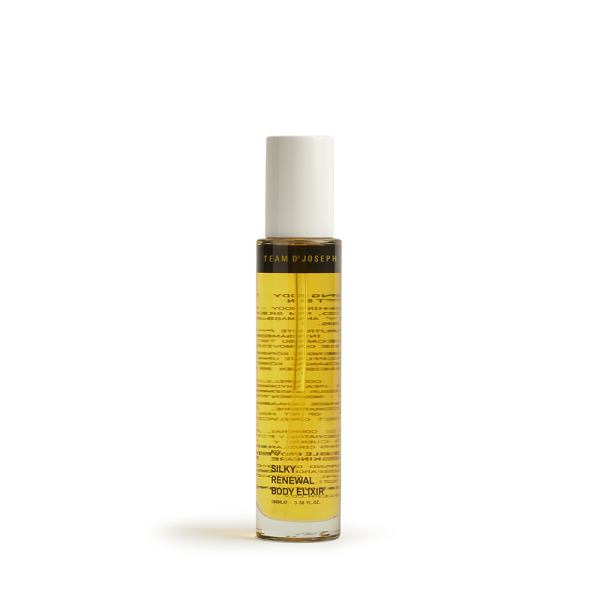

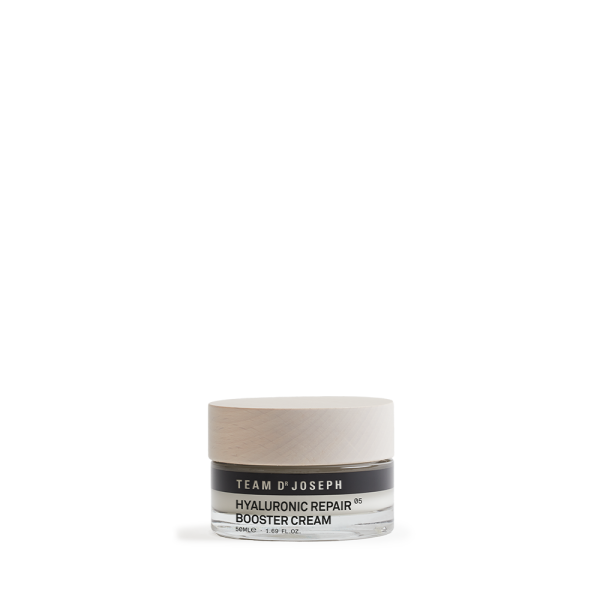

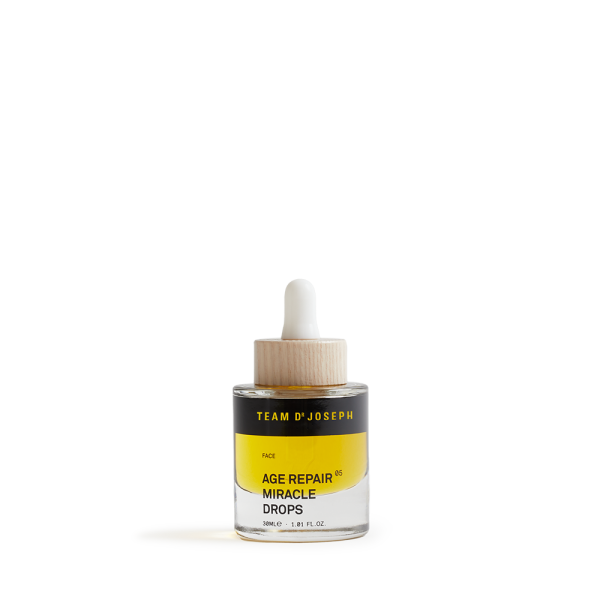

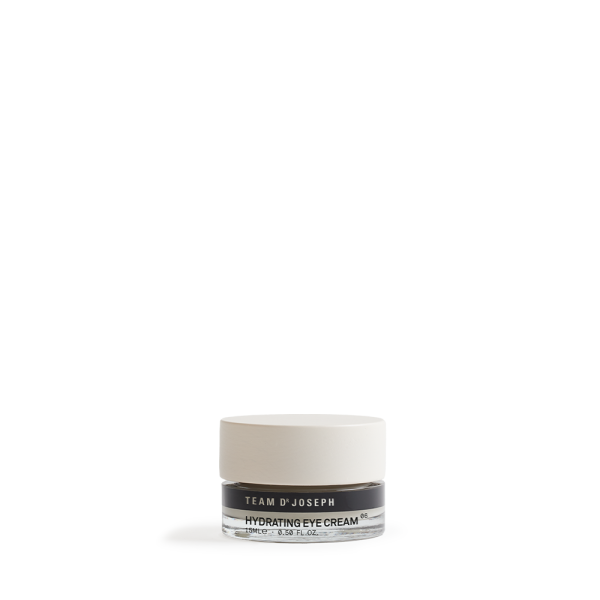

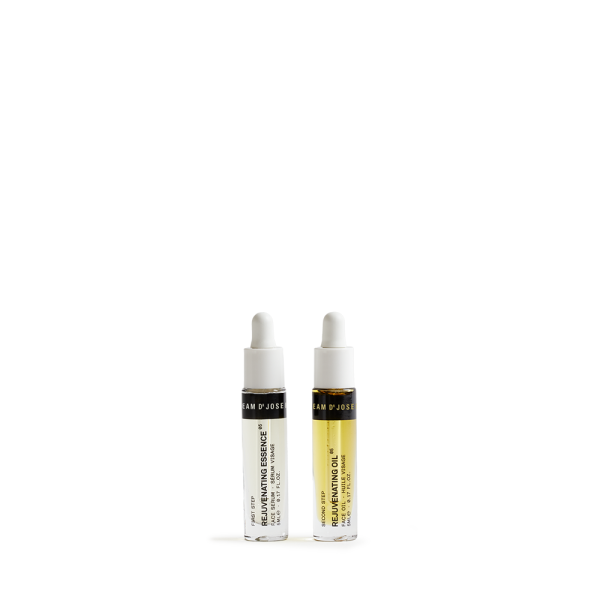

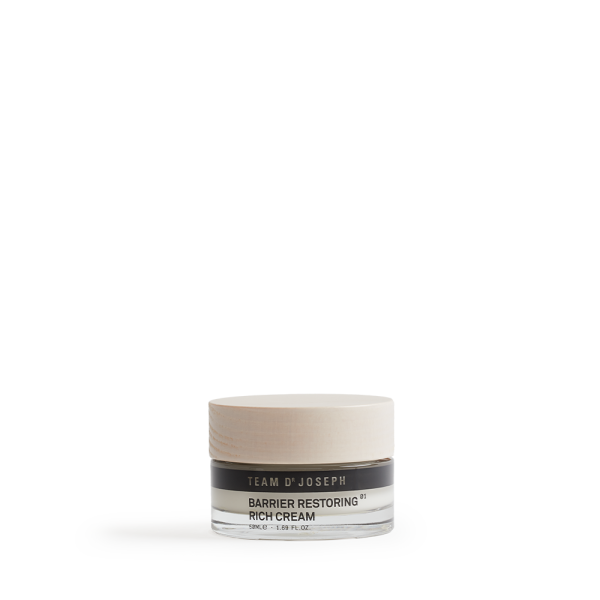

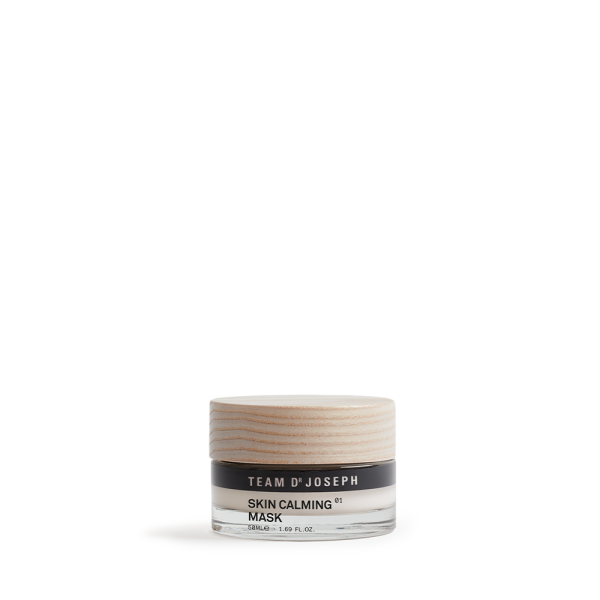

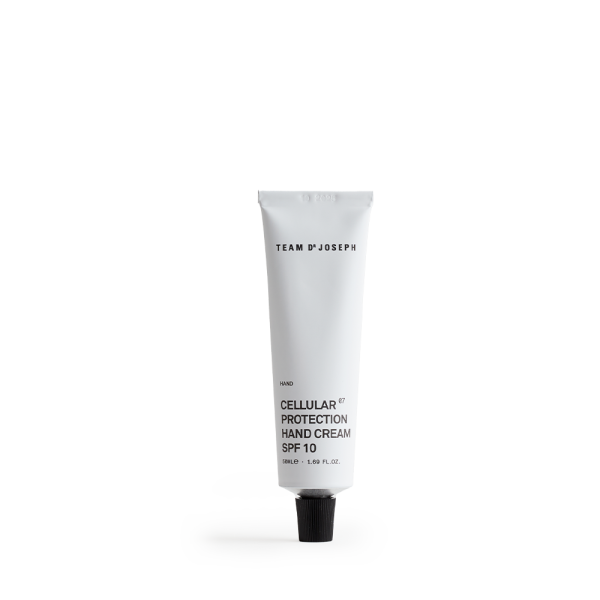

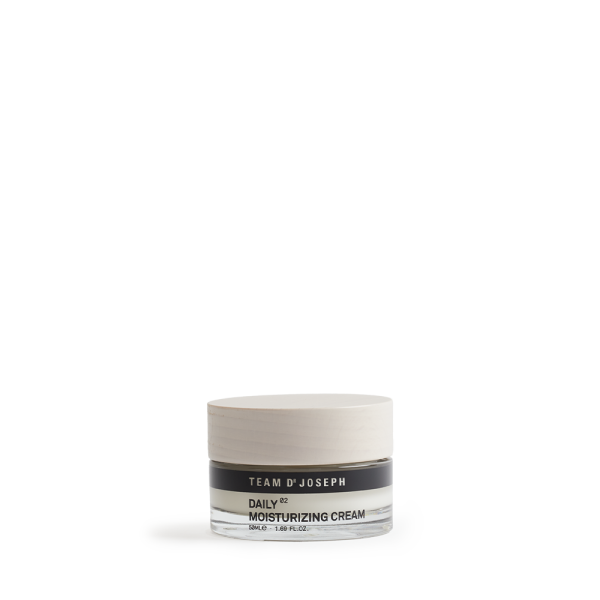

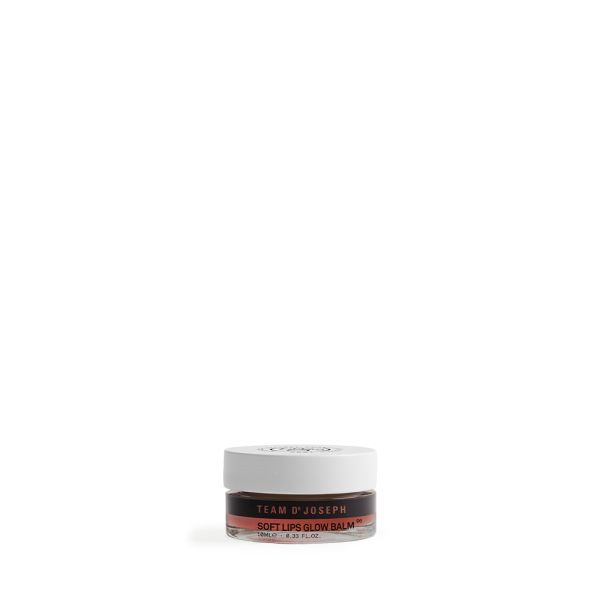

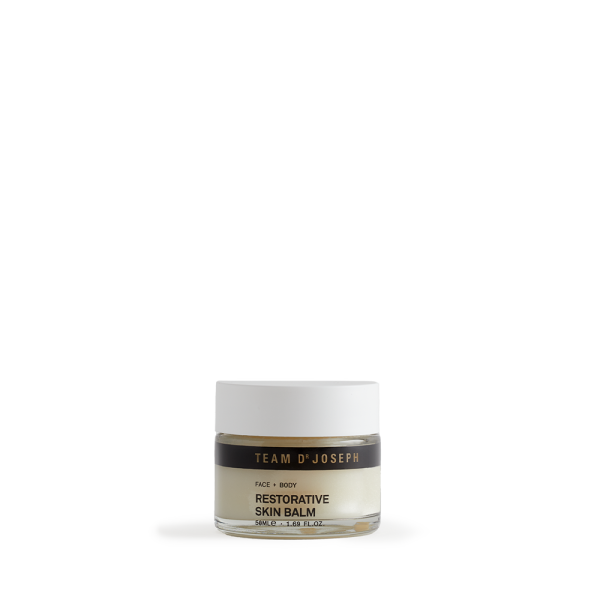

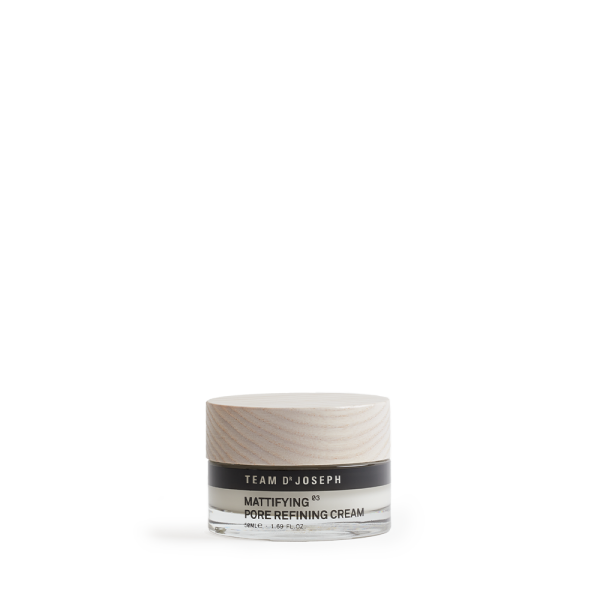








.png)

